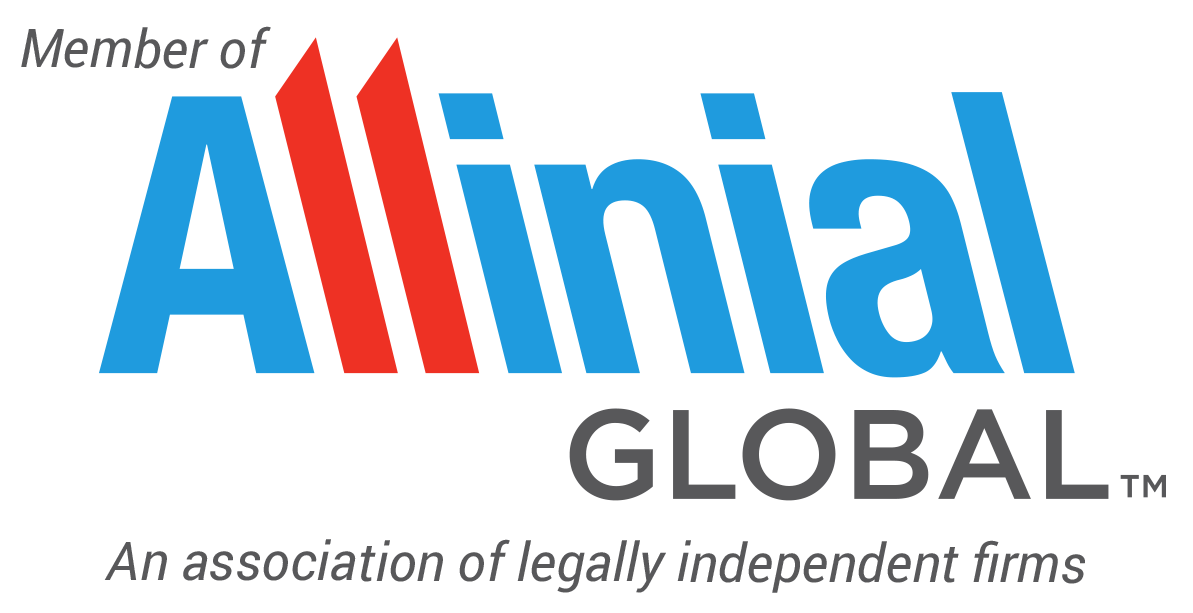As individuals and businesses struggled over the last few months from the devastating effects of COVID, much of the focus has been on federal tax legislation intended to stabilize the economy. While PPP loans, net operating loss carrybacks, and tax credits have been at the forefront when advising our clients, ATKG has not lost focus on the impact of COVID on state and local taxes. Here are just a few of the things we are keeping an eye on.
Sales Tax
Sales tax revenues are down significantly in 2020 as Americans have curbed their spending due to business shutdowns and job losses. Many economists predict that 2021 will also be a year of decreased revenue. On the flip side, state spending is up due to various assistance programs and public health needs.
What does this mean for businesses? States will be looking for ways to generate revenue. This will likely be accomplished by:
- Increasing audits
- Looking for nexus. Many states have already begun passing new nexus legislation due to the outcome in the Supreme Court case, South Dakota v. Wayfair. Businesses may find that they must now collect sales tax in more states than what was previously required.
Many businesses have also changed their product line-up because of COVID, or they’ve added new fees and surcharges to existing products and services. States are carefully monitoring this. For example, the Texas Comptroller recently released the following statement regarding COVID-related surcharges:
“For Texas sales tax purposes, additional fees and surcharges related to the selling price of a taxable item are considered part of the sales price and are subject to tax in the same manner as the item or service being sold. If the item or service sold is taxable, then the related fees or surcharges are also taxable, even if separately stated or identified as a dollar-for-dollar reimbursable expense.”
Businesses should carefully evaluate the taxability of any new products, services, and fees.

Income Tax
Federal tax legislation has resulted in many temporary tax benefits for individuals and businesses. However, many states have either not adopted the most current federal income tax code or passed legislation to pick and choose which provisions to incorporate into their state income tax laws. While we have been busy carrying back federal net operating losses for many of our individual clients due to the CARES Act, most states have not been quite as generous in allowing such carrybacks. In fact, most states require that you report income for the amount of PPP loans that were forgiven.
Additionally, some states are attempting to alleviate budget shortfalls by increasing tax rates. A bill has been introduced in the California Assembly that would increase the top marginal rate from 13.3% to a staggering 16.8%. If passed as currently written, the rate increase would be retroactive to January 1, 2020. While there has already been an exodus of businesses and individuals from California due to high tax rates, it is anticipated that the opportunity to work remotely will result in even more individuals moving to lower-tax states.
There has also been a shift in where businesses may be required to file returns. The remote workforce can create unique tax challenges for employers. Perhaps you now have employees working from home in states where you haven’t previously had a business presence. This could create state nexus for your business, resulting in new filing requirements. Some states have assumed that employees temporarily working from home due to an order by a government authority will not create nexus, while others are more aggressively pursuing the additional tax revenues generated by remote worker nexus.
Many states are also introducing legislation to change how multi-state businesses apportion their income – often moving to single sales factor apportionment versus the traditional 3-factor formula based on property, payroll, and sales. This generally helps states capture a bigger piece of the pie from out of state sellers that are selling products on the internet.
Property Tax
It’s anticipated that local governments will take a hit when it comes to property tax revenues. While the housing market has remained strong in Texas, business properties will probably experience declines in value as businesses permanently close – particularly in the restaurant and retail sectors. Commercial office buildings will likely feel the effects of COVID as many businesses will downsize their space after realizing their employees can work productively from home. Business personal property tax revenues could also be down significantly, with businesses either closing or significantly decreasing the inventories they keep on hand.
Local governments are generally limited in their ability to increase property tax rates, so the only way to increase revenue is to increase the tax base – which means aggressively increasing the market value on properties when possible. We recommend keeping a close eye on your real estate’s assessed value and protesting when market values get out of line.
What ATKG Can Do for You
Our team of state tax experts is available to answer any questions you might have. We are continuously monitoring the ever-changing tax laws and would be happy to analyze your state tax situation.
Annette Goodson is a Tax Director for ATKG. She serves as the lead of the firm’s State and Local Tax practice. She brings more than 25 years of public accounting experience to the team in the areas of federal tax, state tax and recruiting. Annette is a Certified Public Accountant and received her bachelor’s degree in accounting from The University of Texas at San Antonio.
For further information on this topic or other tax questions, please contact Annette Goodson or a member of our Tax practice at 210.733.6611 or agoodson@atkgcpa.com.
